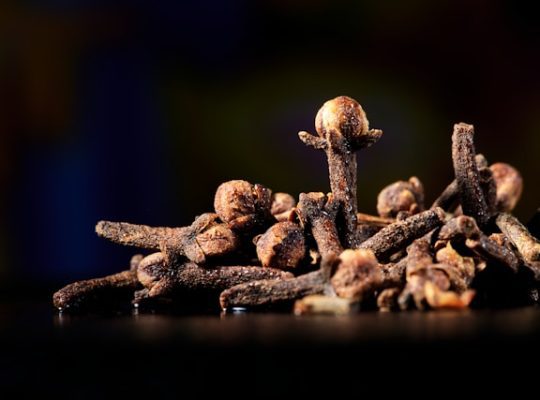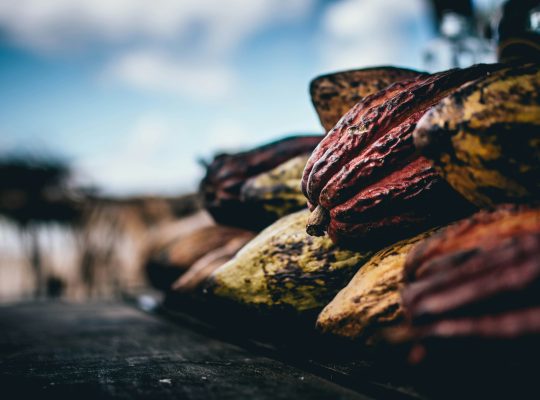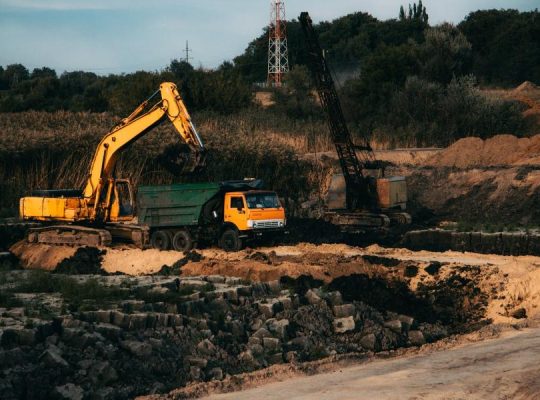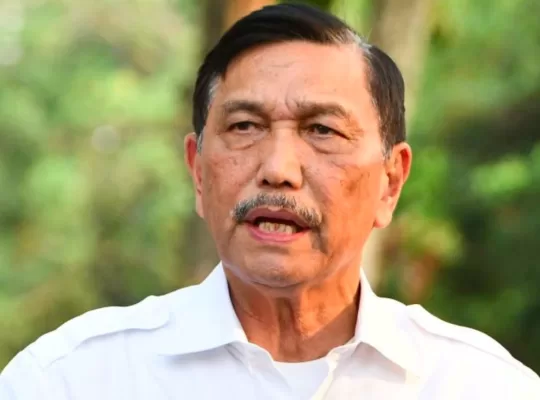The Ministry of Investment in Indonesia has assured that the country has a robust reserve of nickel, bolstering its commodities market and setting a stage for enhanced processing activities. This assertion came amidst the advocacy from a mining consortium for limitations on the erection of additional smelting facilities to alleviate the international nickel surplus.
The year 2020 witnessed Indonesia instituting a ban on the export of nickel ore in a strategic decision to foster in-country beneficiation. This ban spurred extensive investments for the production of both nickel pig iron (NPI) and battery materials destined for the electric vehicle industry.
Projecting nickel reserve longevity, Mohamad Faizal, a high-ranked official in charge of downstream strategic investment, addressed a Jakarta audience, revealing that high-grade nickel is expected to be abundant through to the year 2035, while reserves of the low-grade variant would be available until a minimum of 2069.
The domestic 1.7% high-grade nickel ore primarily feeds the manufacturing of NPI for the stainless steel industry, with the lower-grade variant finding its application in the EV battery sector.
Faizal depicted an optimistic outlook for Indonesia, suggesting notable growth potential in the stainless steel domain and the construction of more advanced leaching plants pertinent to battery material processing. He predicted Indonesia’s ascent as an influential figure among global EV battery suppliers and a prominent stainless steel producer by the year 2040. Moreover, the nation is on the verge of completing its premiere EV battery facility within this calendar year.
He advocated for the continuation of smelter development, given they diversify and introduce varied product assortments.
Nonetheless, Indonesia’s substantial nickel production spurt was cited as a factor for last year’s considerable 45% nosedive in global prices, causing a squeeze for nickel producers, notably in Australia, among other regions.
The call for a moratorium on the construction of new pyrometallurgy plants by the Indonesian Nickel Miners Association (APNI) echoes a strategy to preserve high-grade nickel. APNI’s leading voice, Meidy Katrin Lengkey, expressed this viewpoint at the conference, warning of the potential exhaustion of high-grade stockpiles within six years’ time.
Lengkey suggested a pause in smelting projects, though she acknowledged the possibly impending changes with the incoming government which might influence this decision. With a significant predicted increase in ore processing domestically, strategic considerations are being elevated.
Tying into the sentiments of the president-elect’s team, a moratorium on smelter projects was proposed, though it awaits determination.
Finally, Indonesia is looking towards amplifying its nickel reserves through exploratory ventures. However, Lengkey noted the complexity due to environmental concerns, as many prospective mining sites are situated within forested territories.


















